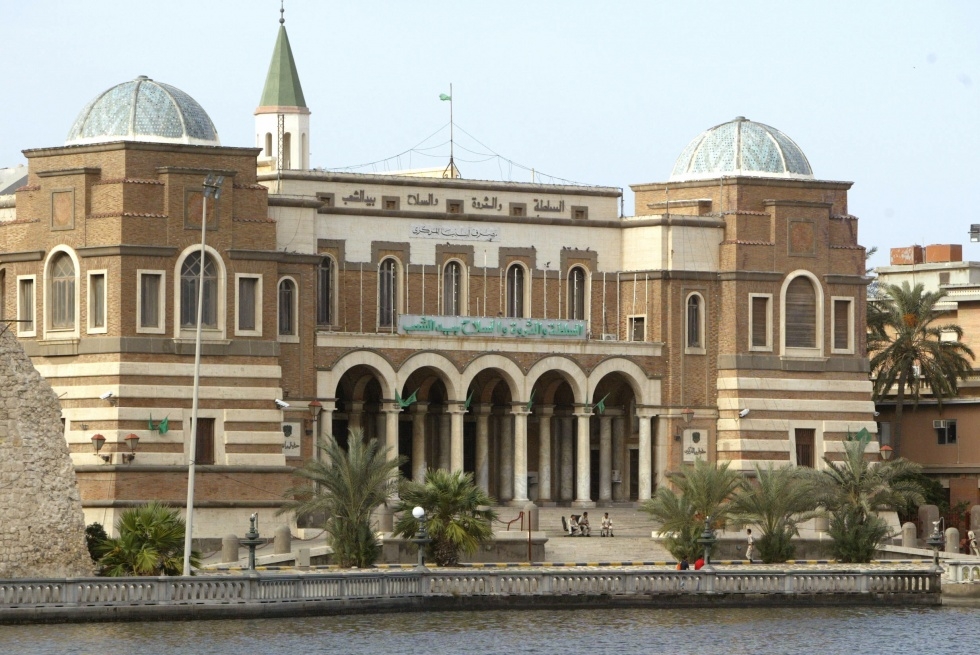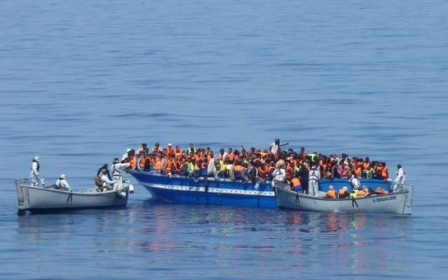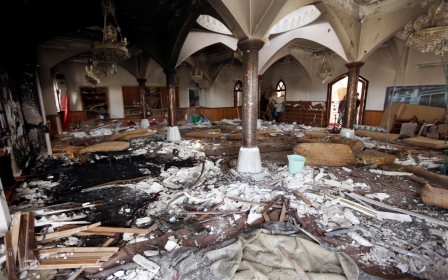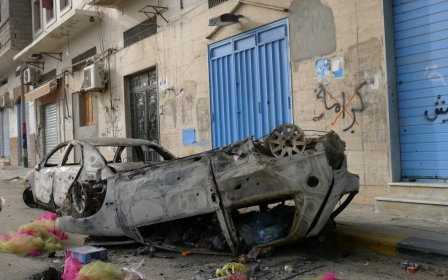Libya foreign currency reserves plummeted by 25 percent in 2014

Libya spent more than 25 percent of its foreign currency reserves in 2014 to offset a sharp decrease in oil revenues and keep the country running, official data revealed on Monday.
Foreign exchange reserves at the central bank totalled $76.6bn at the end of 2014, down from $105.9bn the previous year, said the Tripoli-based Libyan Audit Bureau. Reuters reported that the $29.2bn fall suggested the OPEC producer “may be edging closer to financial collapse”.
Oil revenue, which provides for 95 percent of state funds, suffered a serious blow in December when Libya’s two biggest ports – Es Sider and Ras Lanuf – were closed, as factions allied to two separate governments continued to battle for supremacy four years after the revolution that ousted former leader Muammar Gaddafi.
Libya may have Africa’s largest oil reserves but output has fallen to below 500,000 barrels per day, less than one third of 2010 production numbers. Total revenue from oil sales fell to 20bn Libyan dinars ($14.6bn) in 2014, which is also one third of the 2010 numbers.
The Libyan Audit Bureau warned that if current spending policies are maintained then “the [central] bank and the Libyan economy will collapse in less than two years”.
Libya is in the midst of a brutal civil conflict, with rival tribes, cities, militias and parliaments all vying for supremacy.
The House of Representatives, which was popularly elected in June 2014, is based in the east of the country and is allied with forces headed by Khalifa Haftar. The Misratan-led Alliance of Libya Dawn controls the capital Tripoli and has reconvened the defunct General National Congress, which last year formed a self-declared government.
Neither of the rival governments has published a budget for the year 2015. The central bank is, by default, in charge of the country’s finances and has tried to limit spending by only paying public salaries and subsidies.
The Libyan budget is comprised mainly of salaries for state employees and subsidies put in place under Gaddafi that ensure petrol, bread and other food items are kept at low prices.
Middle East Eye propose une couverture et une analyse indépendantes et incomparables du Moyen-Orient, de l’Afrique du Nord et d’autres régions du monde. Pour en savoir plus sur la reprise de ce contenu et les frais qui s’appliquent, veuillez remplir ce formulaire [en anglais]. Pour en savoir plus sur MEE, cliquez ici [en anglais].




